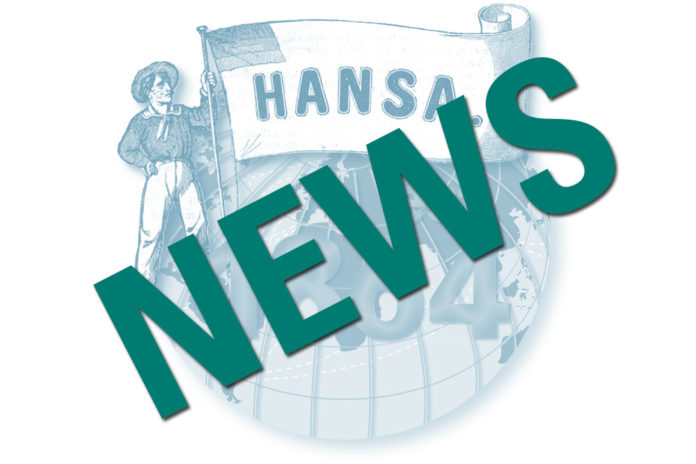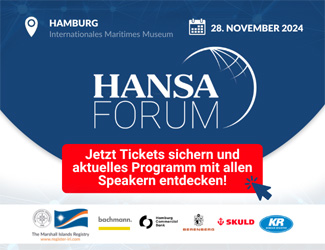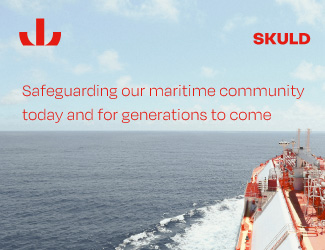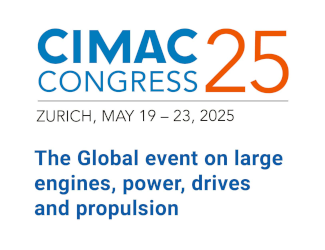
In 2014 throughput in the port of Rotterdam went up 1% to[ds_preview] 445mill t. Different market sectors performed quite dissimilar with a sharp rise in container throughput and a fall in oil products.
As the Port of Rotterdam stated, there was a 5.8% increase in container throughput, to 12.3mill TEU and a 5.2% increase to 127.6mill t. Throughput in Breakbulk increased by 12.1%, to 26mill t. RoRo traffic was up by 8.1%, thanks to the improvement in the British economy. In other mixed cargo, steel, non-ferrous metals and project cargo did particularly well. Other mixed cargo, for years on the decline as more and more cargo disappeared into containers, did exceptionally well, with 28.1% growth.
Dry bulk fell by 0.7%, to 88.6mill t. Due to the renovation of blast furnaces in Germany, 5.2% less ores and scrap was handled. Coal fell by 0.9%. Although the throughput of cokes coal for the steel industry tends to be in line with that of ores and scrap, this increased in 2014 as a result of the concentration of incoming trade via Rotterdam.
Agribulk was up by 9.2%, because more wheat was exported and more corn and soya were imported. Other dry bulk, consisting of raw materials for construction and industry, went up 6.8%, as a result of the upturn in the global economy.
Liquid bulk fell by 2.% to 202.5mill t. This market sector accounts for 45% of total throughput in Rotterdam. Crude oil throughput was 4.8% up. Mineral oil products fell the most in 2014, by 8.1%. The most significant factors were the competition from new tank terminals in other ports and a decline in the handling of naphtha. LNG is still modest in scale (1.2mill t), but did experience tumultuous growth of 59.5%. This was due to the re-export of LNG. The category other liquid bulk consists mainly of chemical products.
CEO Allard Castelein expects the same growth in 2015, mainly in the container sector. In the coming years, the port wants to focus on innovation and broadening the range of activities. In 2015 the new container terminals on Maasvlakte 2 would be busy starting up, from 2016 onwards, there would actually be extra capacity for further growth.
















